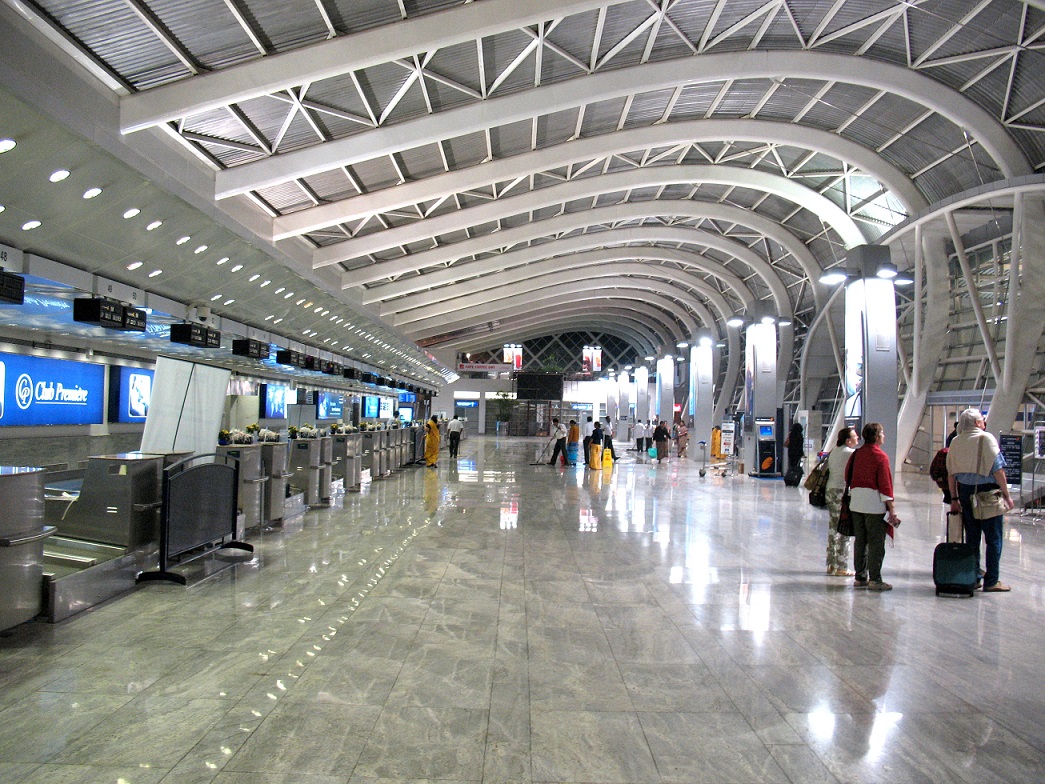This post is also available in:
 עברית (Hebrew)
עברית (Hebrew)
The Transportation Security Administration (TSA) plans to test computed tomography scanners (CT), a state-of-the-art 3-D technology at select U.S. airport checkpoints. The new technology intends to enhance critical explosives and other threat items detection capabilities at airport checkpoints. Checkpoint CT technology should result in fewer bag checks. In the future, passengers may also be able to leave laptops and liquids in their carry-on bags.
The system applies sophisticated algorithms for the detection of explosives and creates a 3-D image that can be viewed and rotated on three axes for thorough visual image analysis by a TSA officer, according to tsa.gov.
TSA plans to have up to 40 units in place at airports around the nation by the end of the year, along with 16 units at federal testing facilities. More than 145 will be in airports by the end of fiscal year 2019. The first imaging machines were set up at Phoenix Sky Harbor International Airport and Boston’s Logan International Airport in 2017. John F. Kennedy International Airport had one installed last week.
According to washingtonexaminer.com, each machine costs upwards of $350,000.


























